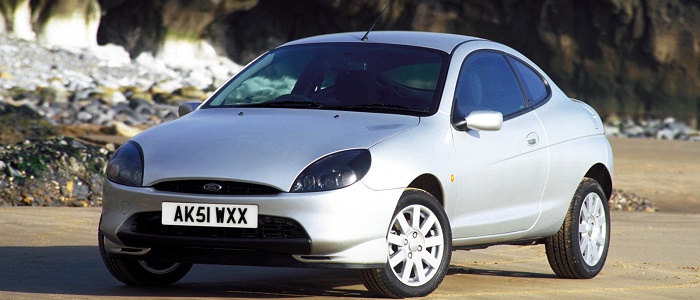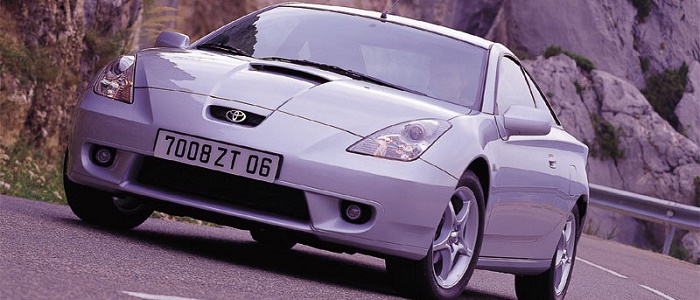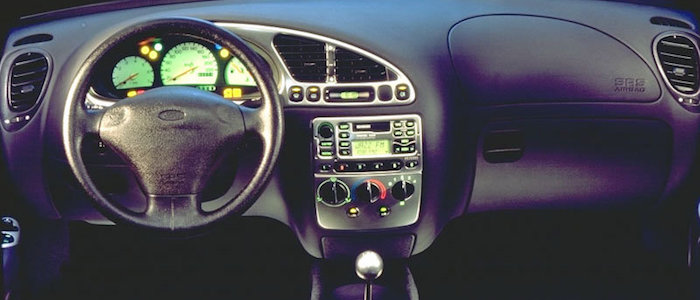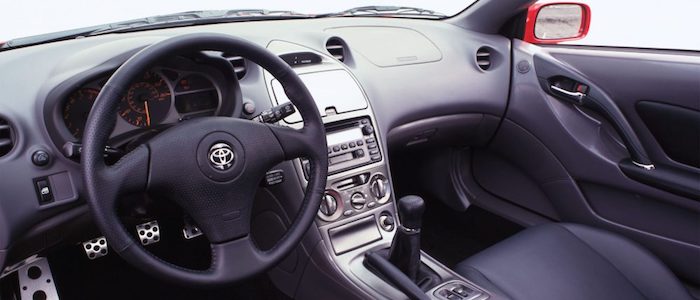Compare two cars
Compare any two cars and get our Virtual Adviser™ opinion
Marketing
Dimensons & Outlines
Engine
Performance (manual gearbox)
Performance (automatic gearbox)
Expenses
Virtual Adviser's™ opinion
Well, these are two pretty similar cars we have here! It's only details that could potentially make the difference. Considering they both belong to the sports car segment and utilize the same 3-door coupe body style and the front wheel drive system, it all comes up to the specific petrol engine choice they offer. The first one has a Ford-engineered powertrain under the hood, a 4-cylinder, 16-valves 125hp unit, while the other one gets its power and torque from a 4-cylinder, 16-valves 143hp engine designed by Toyota.
SafetyUnfortunatelly, neither of the two vehicles was submitted to the European New Car Assessment Programme (Euro NCAP) testing. This makes it virtually impossible for me to pick one over the other and I'm generally against buying such cars as the safety should really always come first. Moving further on, let's take a closer look at some additional safety-related facts. Both vehicles belong to the sports car segment, which is generally classifying them somewhere in the middle safety-wise, but it doesn't do much to help us decide between the two. On the other hand, if we'd like to consider vehicle mass in this context too, which we definitely should, the Japanese car offers a marginal difference of 7% more metal.
ReliabilityReliability is not the best thing to consider on the make level, but it is worth mentioning that both brands display similar results in faults and breakdowns, all the models observed together. That's the official data, while our visitors describe reliability of Ford with an average rating of 4.4, and models under the Toyota badge with 4.6 out of 5. Unfortunatelly, I don't have enough insight that would allow me to comment in more details on the specific models level. Above it all, drivers of cars with the same engine as the American car rank it on average as 3.0, while the one under the competitor's bonnet gets 5.0 out of 5.
Performance & Fuel economyToyota is a bit more agile, reaching 100km/h in 0.5 seconds less than its competitor. In addition to that it accelerates all the way to 205 kilometers per hour, 2km/h more than the other car. When it comes to fuel economy things look pretty much the same for both cars, averaging around 7.6 liters of fuel per 100 kilometers (37 mpg), in combined cycle.
Verdict
Toyota appears just a bit more reliable, although the difference is truly marginal. The most important thing when deciding between any two vehicles should always be safety, both passive and active. In my opinion, everything taken into account, the Japanese car offers slightly better overall protection and takes the lead. It all continues in the same direction, with Toyota offering somewhat better performance, just enough to call it quicker. It does come at a cost though, and that's the fuel consumption... It's really tough to make a final decision here, but if I'd need to, I'd say Toyota. Nevertheless, let's not forget that people have different preferences and needs, so what really counts is your personal feel. I'm only here to help. In case you have two minutes to spare I invite you to define your needs, desires and budget and see which car would be chosen by the virtual adviser™, among thousands of similar, yet so different vehicles.
































